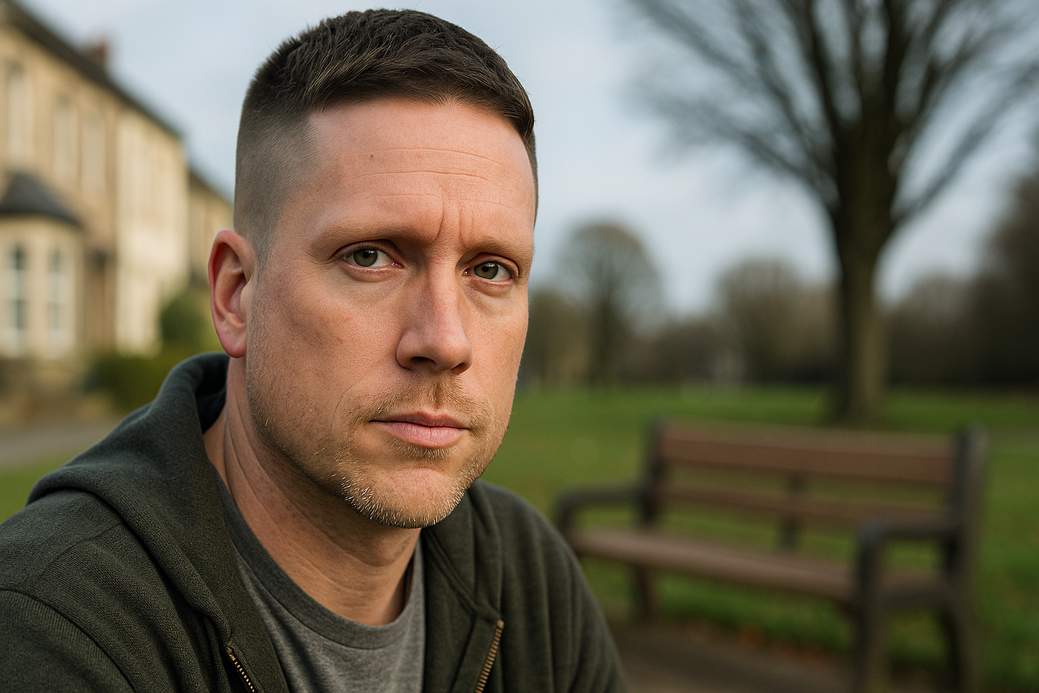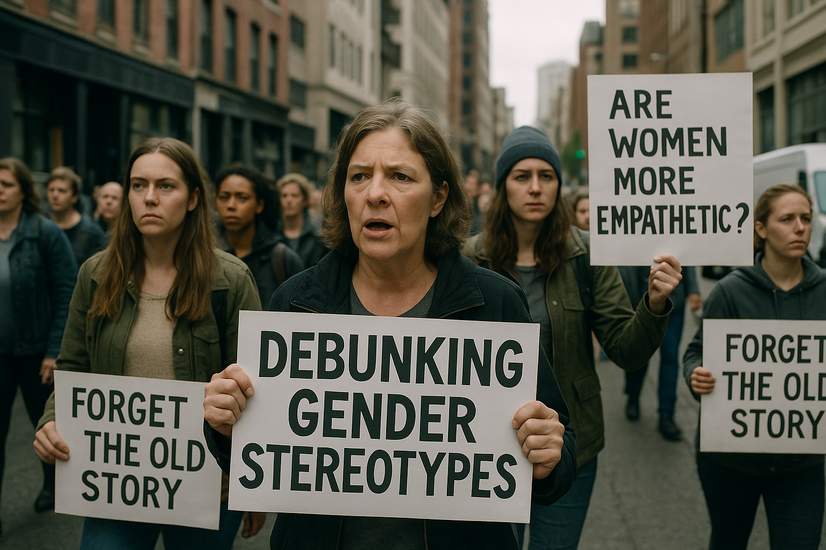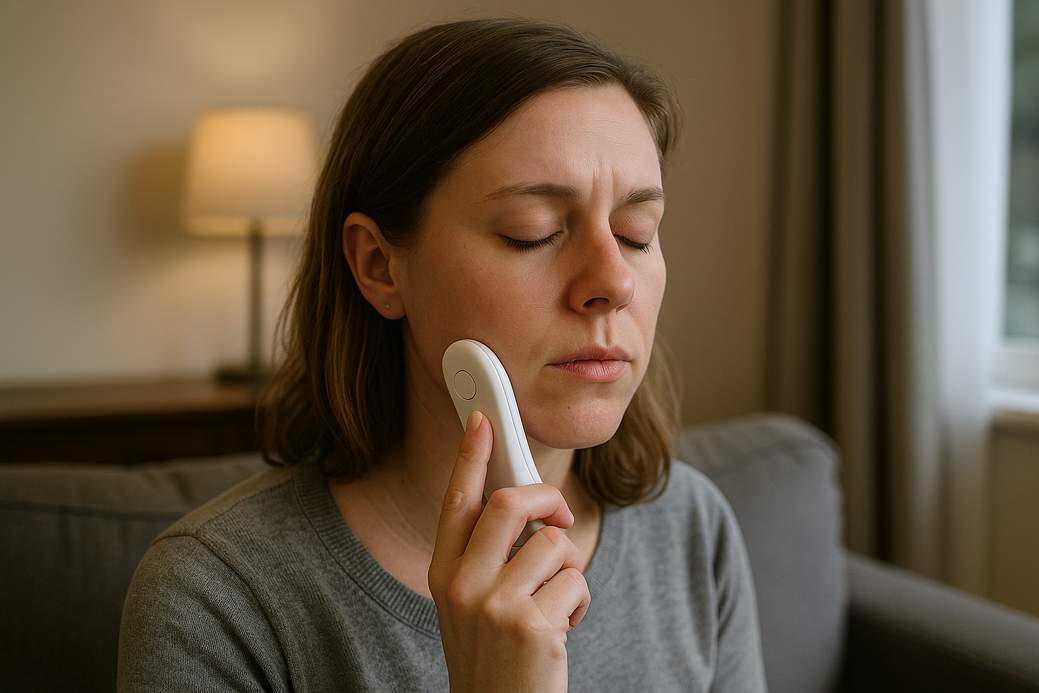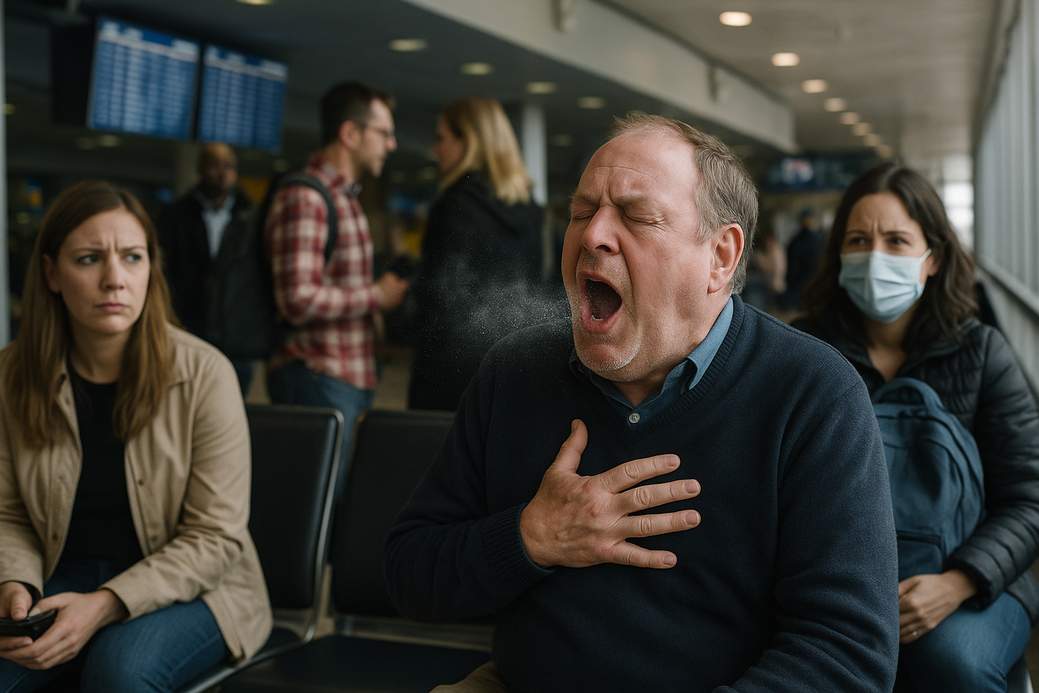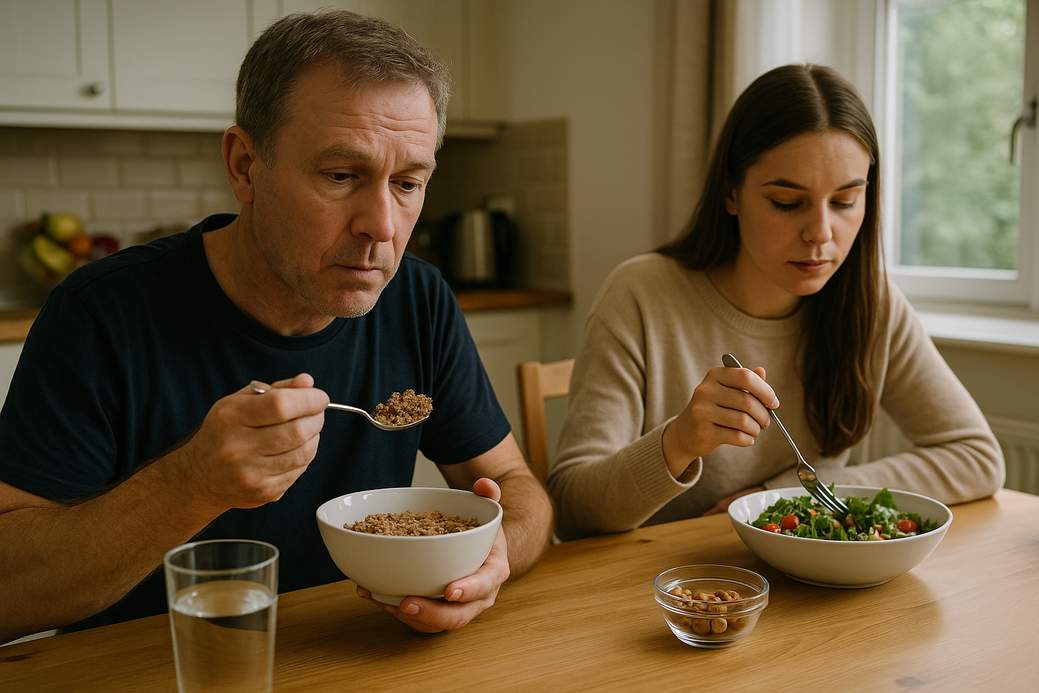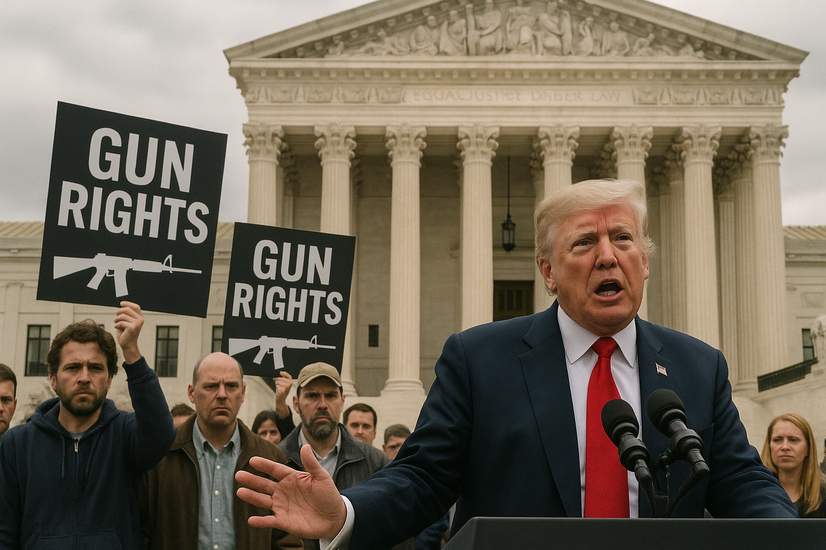Morning ritual: toast, commuter train, and a micro-dose of calm
Meet Jon: a 41-year-old office worker from south Wales who starts his day like a lot of people — cereal, commute, and a medical dose that helps his anxiety. He uses prescribed cannabis to steady his mind before the 9-to-5, not to chase cloud-day vibes or giggle at nothing in the stairwell.
Why the secrecy? Spoiler: stigma
Most of the people Jon works with had no idea this was part of his routine. He worried coworkers would imagine him showing up groggy or slow — the classic sitcom stereotype of the ‘lazy stoner’. That misconception is one of the biggest headaches for patients: legal medication, social misunderstanding.
Different kinds of patients, different stories
Some users report the same practical wins Jon does — fewer panic spirals, quieter evenings and the ability to focus. Others rely on it for very physical symptoms: less pain, fewer tics, more sleep that doesn’t come with a foggy side effect list. Monthly costs can run into a few hundred pounds for private prescriptions, and many people say it’s worth it.
When the neighbors sniff trouble (literally)
Kat, in her mid-20s, lives in a shared building and has gone to comical lengths to hide the smell — pillows by the door kind of dramatic. She was terrified a complaint would turn into a police visit. Worse, on one hospital stay she was initially told she couldn’t bring her vape-based medication inside and felt forced to choose between care and her treatment.
Rules, regs and a whole lot of gray
In the UK cannabis for medical use is only supposed to be prescribed by a specialist consultant after other treatments have failed. On the NHS, actual bud (known as cannabis “flower”) is rarely handed out, so a booming private market has sprung up to fill demand. That leaves people navigating a patchwork of policies and mixed messages.
Doctors are divided (again)
Some psychiatrists warn high-potency cannabis can worsen psychiatric problems, while other clinicians see clear benefits for anxiety, chronic pain and certain other conditions when the treatment is well supervised. The science is still catching up, and official advice remains cautious.
Clubbers, festivals and bouncers: social tests
For some patients the nightlife scene is a litmus test. Shash, who uses cannabis for PTSD and chronic pain, says she can attend concerts and festivals and manage with her prescribed medication — though she sometimes gets strange looks heading into smoking areas. Bouncers and security have generally accepted it once explained, but social awkwardness persists.
Practical headaches: travel, cars and courtrooms
Carrying medical cannabis comes with logistics: you’re advised to keep it in labelled containers and to never drive if you feel impaired. Police can still stop drivers who look unsafe. Patients also tell stories of clinics stepping in to liaise with employers, housing associations and even courts when confusion about legality causes real-life problems.
Numbers and recent trends
Private prescriptions have surged in recent years — tens of thousands reported in mid-2024 — and the market seems to be growing. Meanwhile, regulators and advisory bodies are reviewing the evidence and updating guidance, so rules could shift again.
When systems don’t match lived experience
Hospital rules, workplace policies and public attitudes don’t always reflect the fact that cannabis can be prescribed legally. That disconnect can force people into uncomfortable choices: skip treatment, risk being judged, or quietly manage symptoms while hoping no one notices.
Practical tips from people who’ve learned the hard way
If you use prescribed cannabis: keep your prescription paperwork handy, use labelled packaging, discuss dosages with your specialist, and be frank with institutions (employers, travel security, medical teams) when you can. Being upfront might be awkward, but it can prevent worse situations.
Final note: complicated medicine, human stories
The conversation about medical cannabis is messy because the drug is messy — useful for some, harmful for others, and hard to squeeze into neat rules. Behind every stat and guideline are people trying to live their lives without being reduced to a stereotype. That’s worth remembering next time you see someone heading into work with a zip-top pot and a sense of relief.

